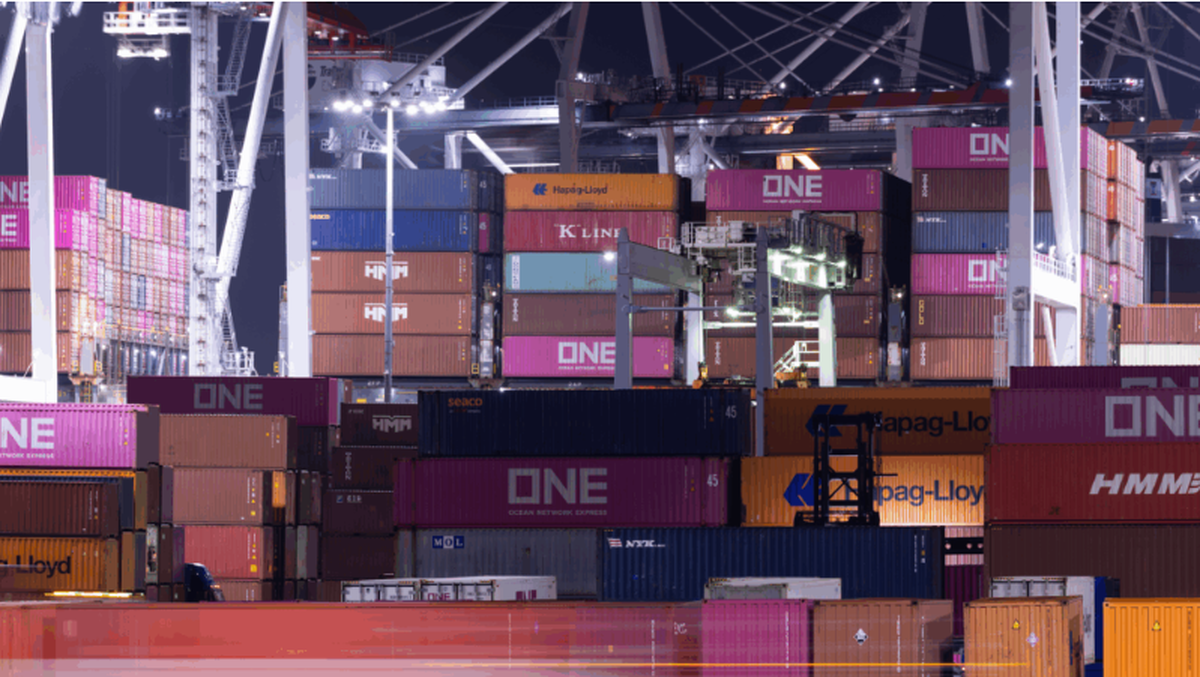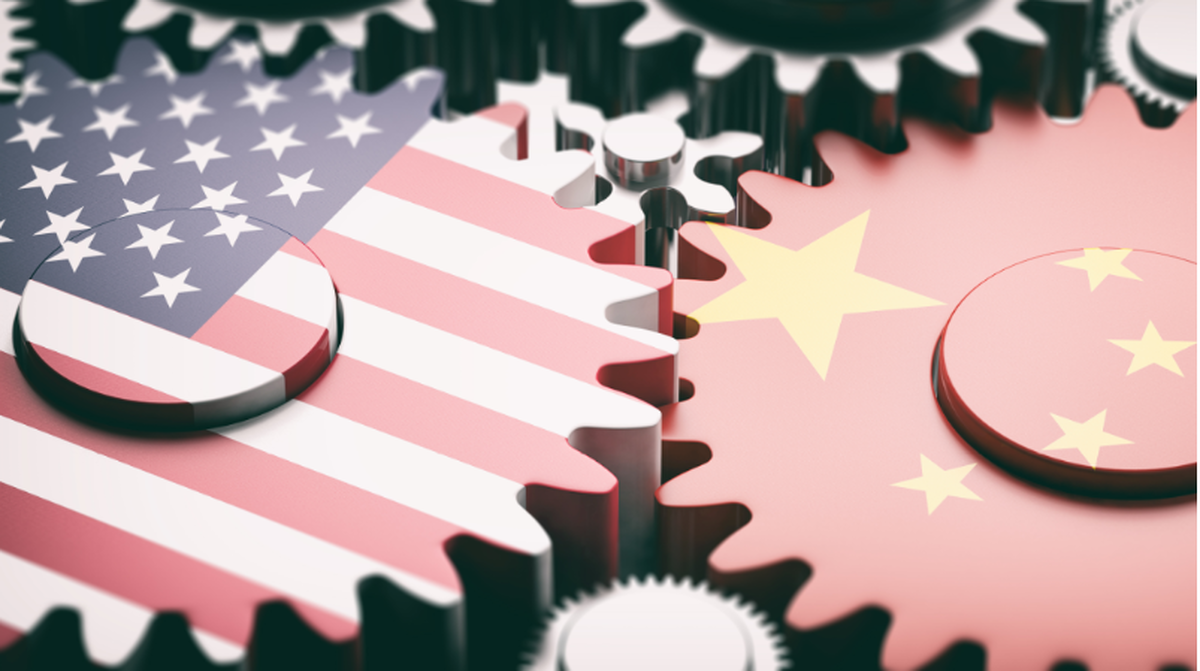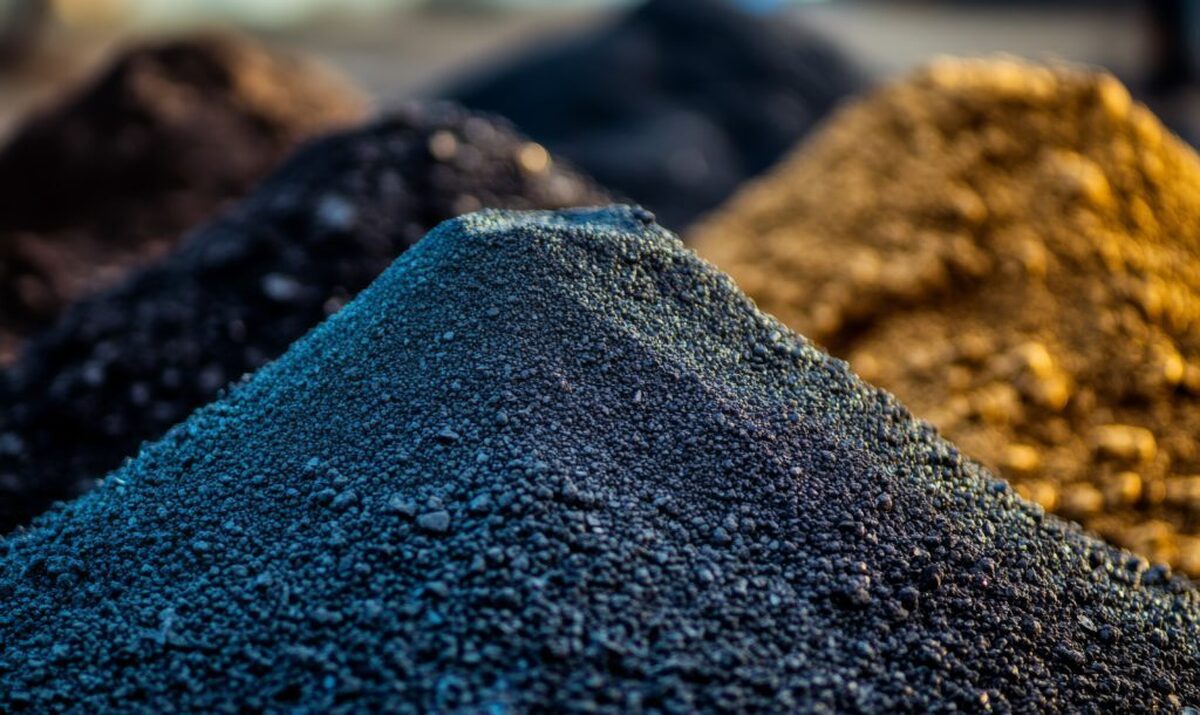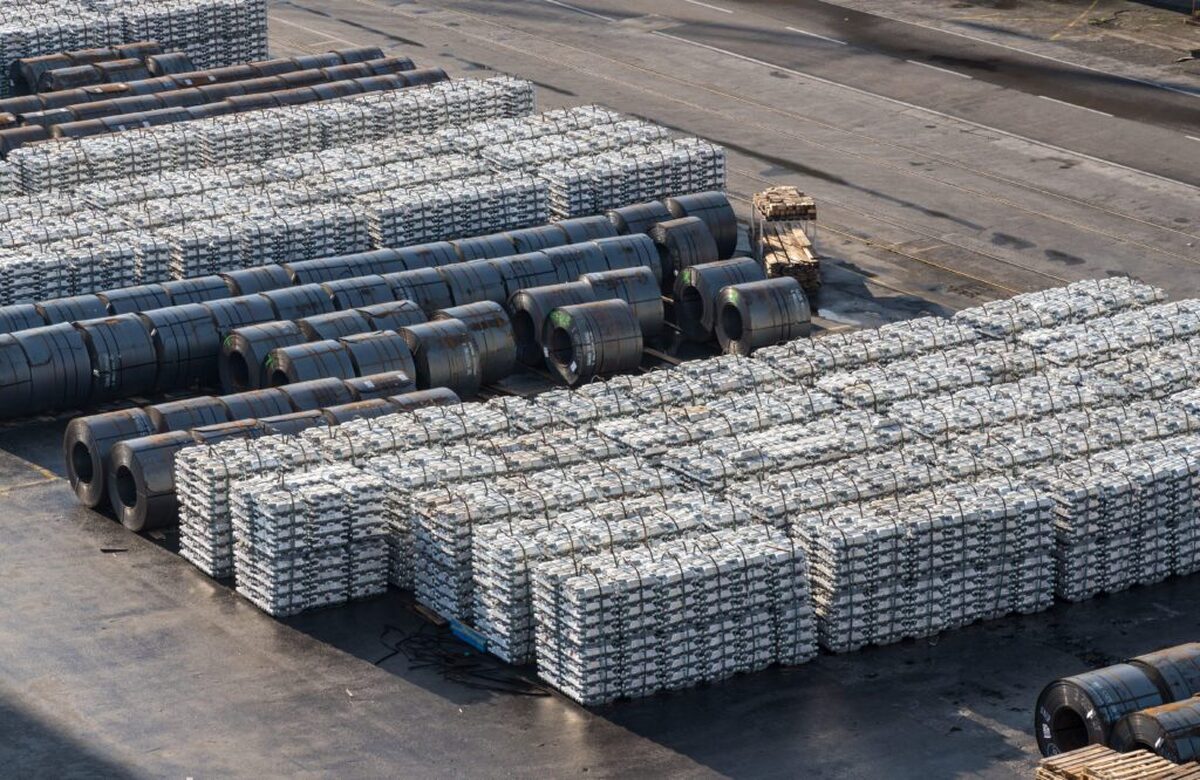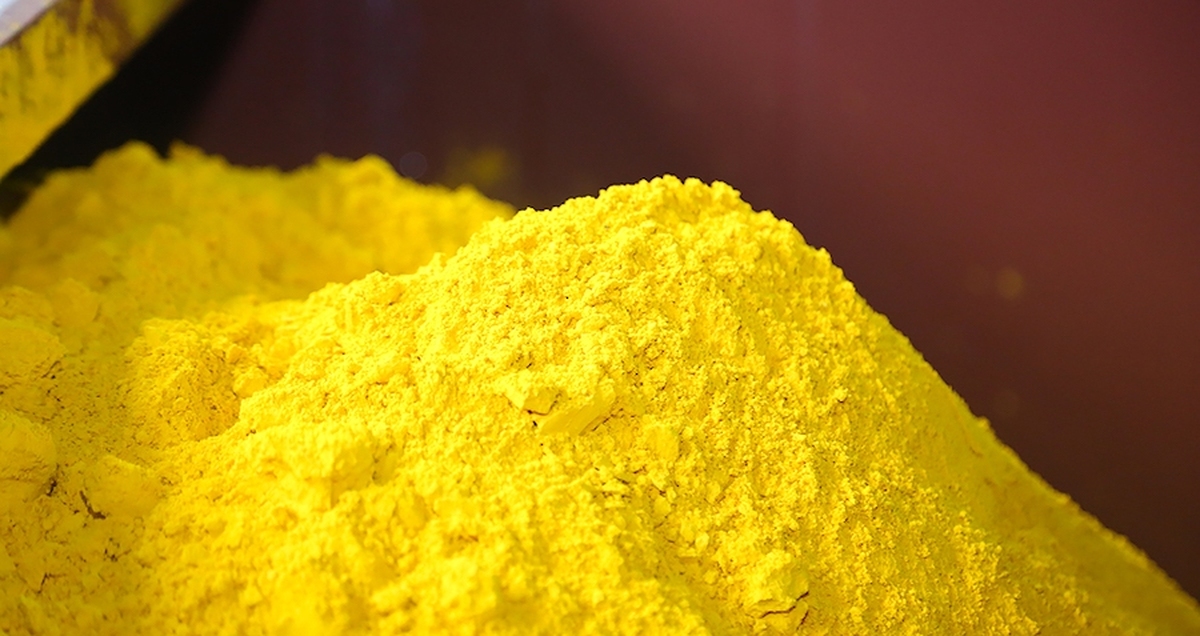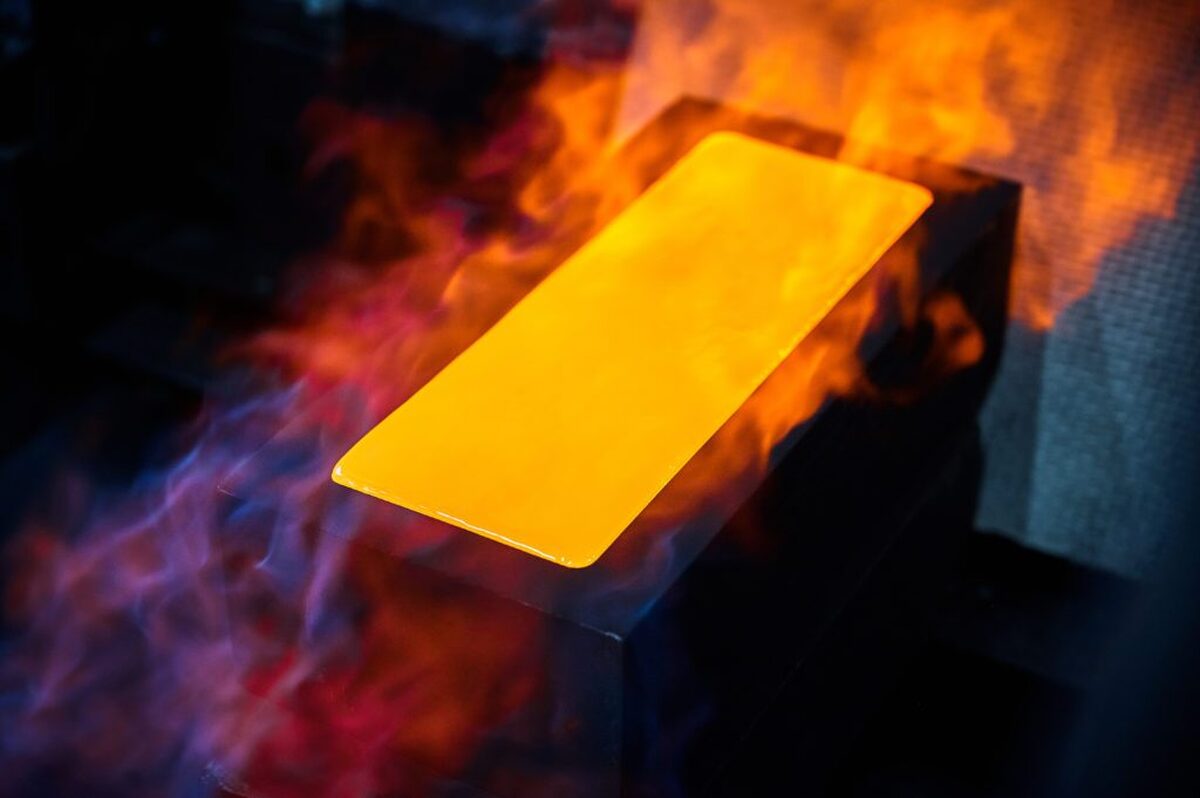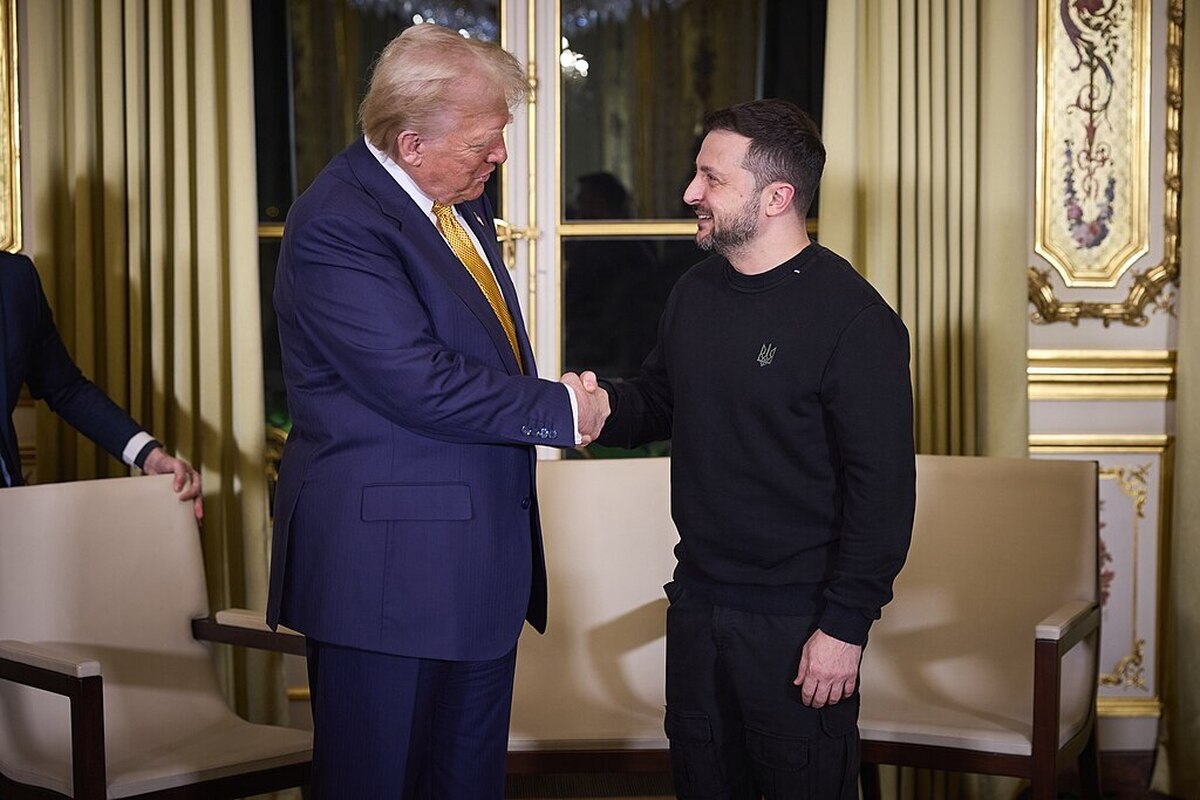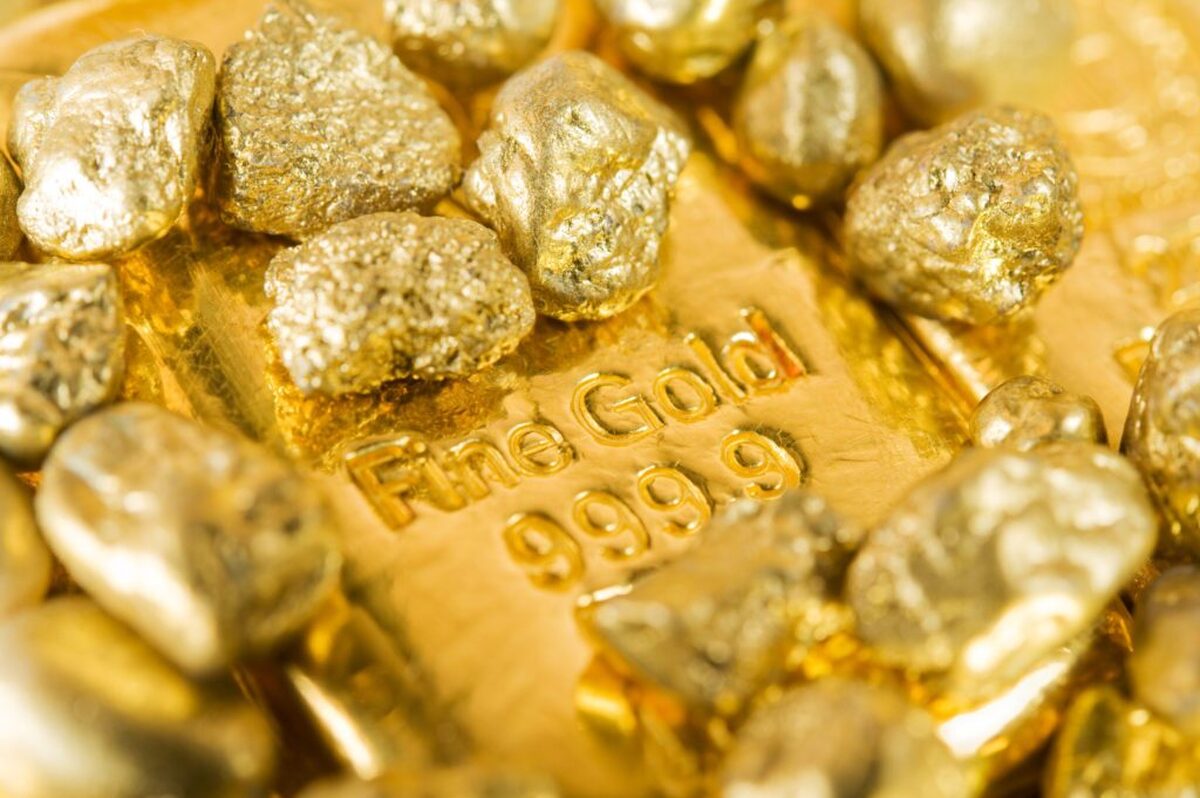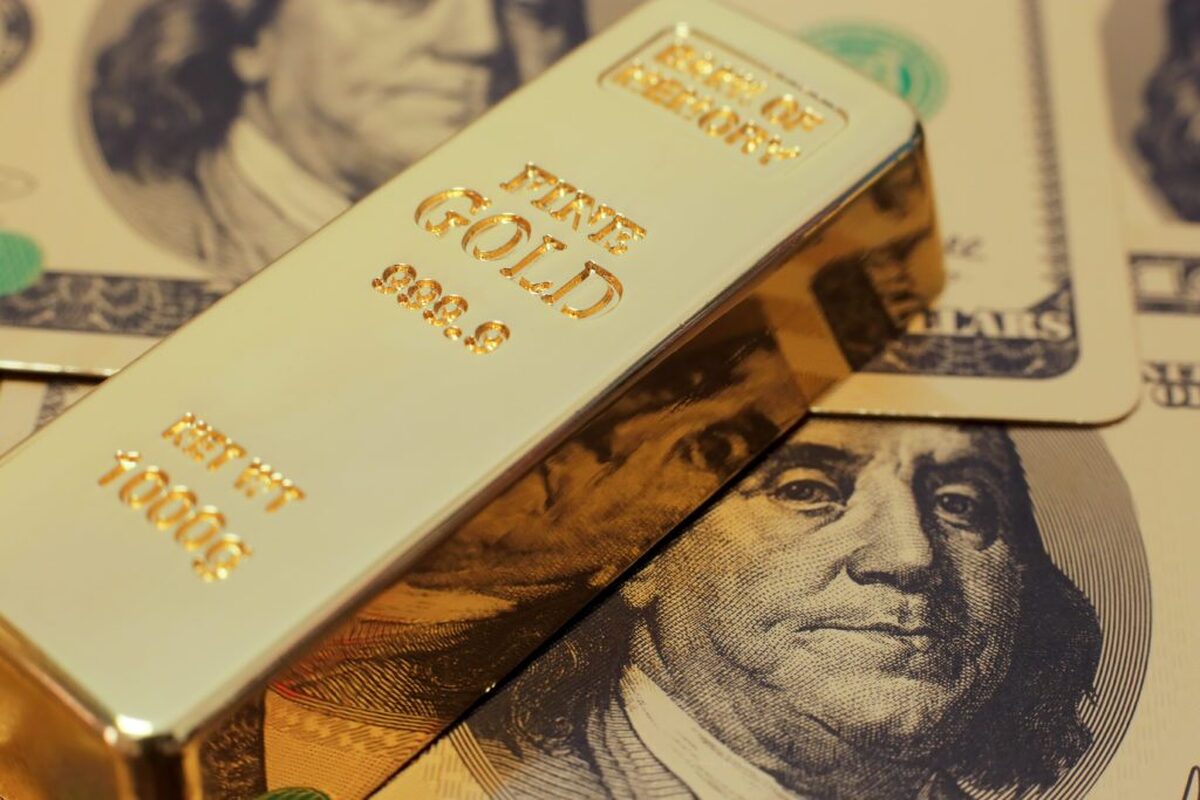
China deploys rare earths as weapon in trade war with Trump
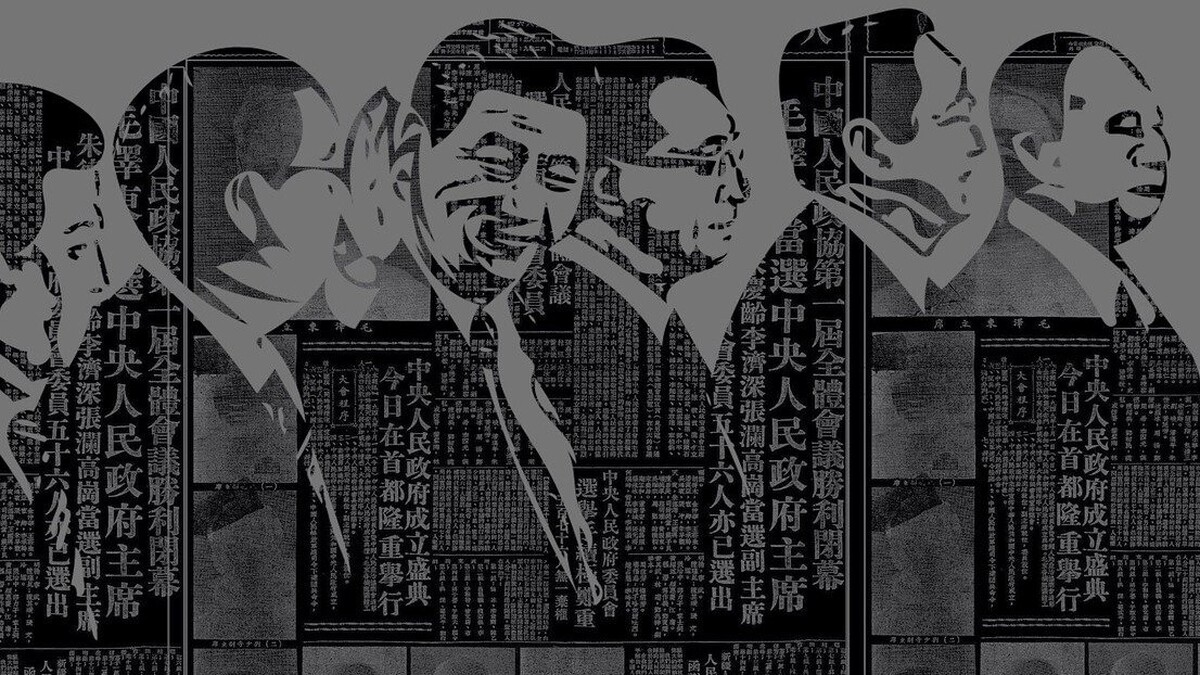
According to me-metals cited from mining.com, As part of its retaliation to President Donald Trump’s so-called reciprocal tariffs on imported Chinese goods, Beijing said Friday it will tighten controls on exports of seven types of rare earths. The country is by far the world’s biggest supplier of the minerals, which comprise 17 elements in the periodic table.
The move triggered big gains for related stocks on Monday, with China Rare Earth Holdings Ltd. rising as much as 10% in Hong Kong. China Northern Rare Earth Group added as much as 9.2%, and Australia’s Lynas Rare Earths Ltd. as much as 5.1%.
China accounts for almost 70% of the world’s production of rare earths, according to the US Geological Survey. Its grip on a host of niche commodities has long been viewed as a potential geopolitical weapon, given America’s reliance on Chinese supplies.
Beijing had already rolled out similar curbs on other critical minerals, such as gallium, germanium, graphite and antimony, over the past two years amid rising trade tensions.
The latest export controls aren’t a blanket ban, but they mean that any overseas shipments will be subject to greater scrutiny over who is buying, and why. Other metals have seen export volumes crash to zero after controls were rolled out, with exporters needing time to get certified.
“The new controls may further tighten global supply,” analysts from Citic Securities Ltd. said in a note. The policy “safeguards China’s national security interests, and bolsters the strategic value of investing in the rare earth industry chain,” they wrote.
Supply chain
The list of rare earths announced Friday includes samarium, gadolinium, terbium, dysprosium, lutetium, scandium and yttrium. But two of the most common — neodymium and praseodymium — weren’t included. They’re used in powerful magnets that are one of the best-known applications for rare earths.
“Unlike the seven rare earths selected, these are more readily available outside China, which could make any controls less impactful,” said David Abraham, affiliate professor at Boise State University in Idaho. “They may have been excluded to preserve the option of future controls.”
The export restrictions won’t harm the stability of the international supply chain, according to a statement from the China Nonferrous Metals Industry Association on Sunday.
“As long as companies do not engage in activities that harm China’s national sovereignty, security and development interests, the export control measures won’t affect their normal operation and trade,” the industry body said.
On Friday, China’s commerce ministry said establishing the controls on so-called dual-use data-x-items that have military applications is in the interests of national security, regional stability and world peace.
source: mining.com


SAIL Bhilai Steel relies on Danieli proprietary technology to expand plate mill portfolio to higher steel grades

Alba Discloses its Financial Results for the Second Quarter and H1 of 2025

Fortuna rises on improved resource estimate for Senegal gold project

Copper price slips as unwinding of tariff trade boosts LME stockpiles

US slaps tariffs on 1-kg, 100-oz gold bars: Financial Times

Fresnillo lifts gold forecast on strong first-half surge

Codelco seeks restart at Chilean copper mine after collapse

Why did copper escape US tariffs when aluminum did not?

NextSource soars on Mitsubishi Chemical offtake deal

Samarco gets court approval to exit bankruptcy proceedings

Hudbay snags $600M investment for Arizona copper project

Discovery Silver hits new high on first quarterly results as producer
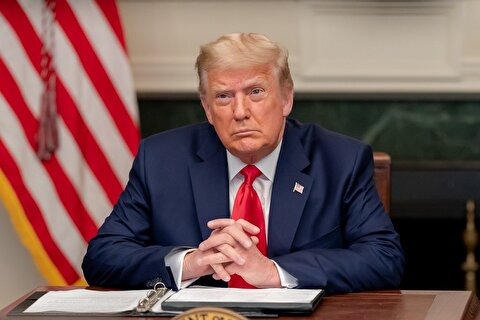
Trump says gold imports won’t be tariffed in reprieve for market

AI data centers to worsen copper shortage – BNEF

Uzbek gold miner said to eye $20 billion value in dual listing

Peabody–Anglo $3.8B coal deal on the brink after mine fire

De Beers strikes first kimberlite field in 30 years

Minera Alamos buys Equinox’s Nevada assets for $115M

OceanaGold hits new high on strong Q2 results

Hudbay snags $600M investment for Arizona copper project

Discovery Silver hits new high on first quarterly results as producer

Trump says gold imports won’t be tariffed in reprieve for market

AI data centers to worsen copper shortage – BNEF

Peabody–Anglo $3.8B coal deal on the brink after mine fire

De Beers strikes first kimberlite field in 30 years

Minera Alamos buys Equinox’s Nevada assets for $115M

OceanaGold hits new high on strong Q2 results

South Africa looks to join international diamond marketing push


